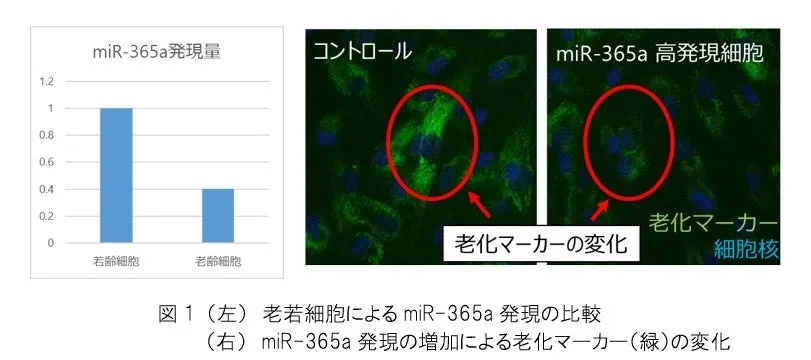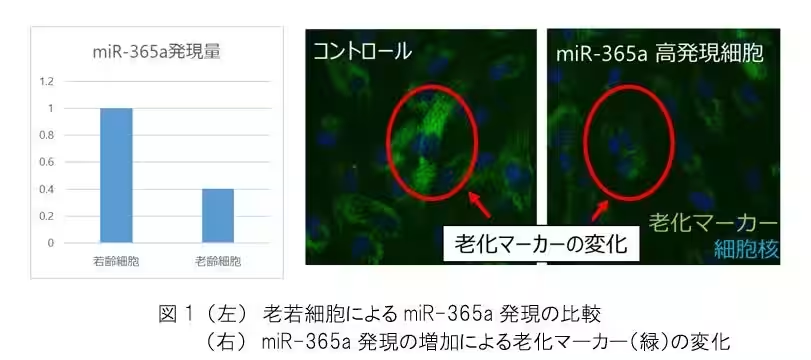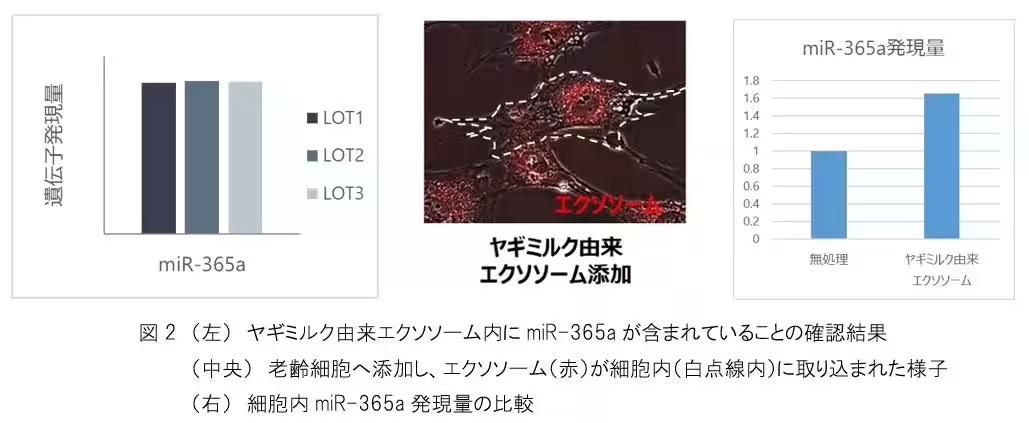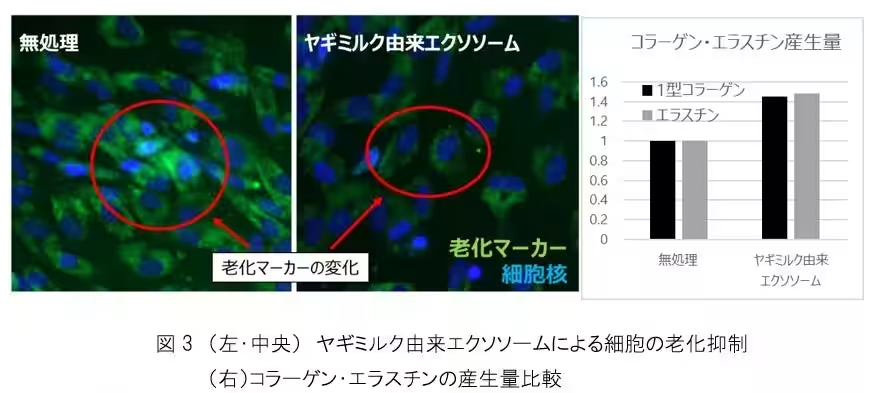

FANCL Uncovers MicroRNA's Role in Skin Aging and Beauty Enhancement
UNVEILING THE POWER OF MICRORNA IN SKIN CARE
In the realm of beauty and skincare, innovations are continuously emerging, launching us into a new era of anti-aging solutions. Recently, a significant breakthrough came from the Japanese skincare company FANCL, which has confirmed the effects of a particular type of microRNA, known as miR-365a, in inhibiting cellular aging while enhancing collagen and elastin production. This advancement signals a promising approach towards more effective anti-aging cosmetics.
FANCL has been on a relentless quest to decipher the mechanisms behind skin aging, particularly the role of cellular changes and key beauty ingredients. Their focus on adipose-derived stem cells (ADSCs) led to the discovery that exosomes, which are small vesicles secreted by these stem cells, contain specific microRNAs that are vital in the aging process of skin cells.
DISCOVERING MICRORNA-365A
The investigations concentrated on the microRNA named miR-365a, predominantly found in the exosomes derived from ADSCs. Initial studies revealed a notable decrease in miR-365a expression in aged fibroblasts compared to their younger counterparts. Upon introducing miR-365a into older cells genetically, researchers observed a significant reduction in aging markers, suggesting that increasing levels of miR-365a could be beneficial for preventing cellular aging.
Without a doubt, this discovery could pave the way for developing innovative skincare products targeting aging-related concerns.
THE ROLE OF GOAT MILK EXOSOMES
Understanding that miR-365a is encapsulated within exosomes, FANCL turned to goat milk as a potential source of these beneficial exosomes. Known for its rich supply of exosomes and anti-inflammatory properties, goat milk emerged as a promising candidate. The researchers efficiently extracted exosomes from goat milk and confirmed that they contained a significant concentration of miR-365a across various batches.
Notably, the study also established that goat milk-derived exosomes could be effectively absorbed by aged cells, increasing their internal levels of miR-365a significantly. Such absorption is crucial as the delivery of beneficial components directly into cells can help enhance their function and rejuvenate their activity.
ENHANCING COLLAGEN AND ELASTIN PRODUCTION
Further investigation into the effects of goat milk-derived exosomes revealed encouraging results on collagen and elastin production. The application of these exosomes to aged cells led to lowered levels of aging markers and a notable increase in Type I collagen and elastin synthesis. This finding suggests that goat milk-derived exosomes not only inhibit cellular aging but also promote essential proteins necessary for maintaining youthful skin.
FUTURE DIRECTIONS
As we advance in understanding the aging process of the skin, it becomes increasingly evident that enhancing the functions of fibroblasts and improving collagen and elastin synthesis is vital. FANCL is committed to exploring the functions of miR-365a further and developing efficient delivery methods of this microRNA through the enriched exosomes in goat milk.
The implications of this research indicate a promising future for skincare formulations that target wrinkles and sagging. By continuing to push the boundaries of skin aging research and ingredient discovery, FANCL aims to develop cutting-edge anti-aging cosmetics that could redefine standards in skincare.
In conclusion, the integration of miR-365a and goat milk-derived exosomes represents a significant step forward in skincare technology. As aging doesn’t have to be synonymous with deterioration, innovative solutions such as these foster hope for maintaining vibrant, youthful skin.



Topics Consumer Products & Retail)










【About Using Articles】
You can freely use the title and article content by linking to the page where the article is posted.
※ Images cannot be used.
【About Links】
Links are free to use.